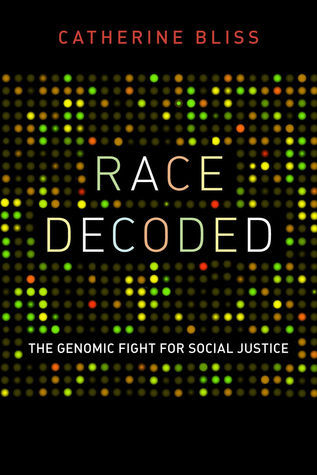
The Immortal Life of Henrietta Lacks
Book Description
What if a single woman's cells changed the face of modern medicine forever, without her even knowing it? "The Immortal Life of Henrietta Lacks" by Rebecca Skloot weaves a gripping narrative of race, ethics, and scientific revolution. Henrietta Lacks, an African American woman, unknowingly became the cornerstone of countless breakthroughs through her immortal cell line, HeLa. As Skloot uncovers the hidden stories of Henrietta’s family and the groundbreaking discoveries spawned from her cells, the question looms: at what cost does scientific progress come, and whose stories are left in the shadows? Will justice ever be served?
Quick Book Summary
Rebecca Skloot’s "The Immortal Life of Henrietta Lacks" tells the remarkable true story of Henrietta Lacks, a Black woman whose cancer cells—taken without her knowledge in 1951—became the first immortal human cell line, known as HeLa. This discovery sparked medical breakthroughs from the polio vaccine to genetic mapping, yet Henrietta’s family remained in poverty and uninformed for decades. The narrative intertwines science with the deeply personal impact on Henrietta’s descendants, raising difficult questions about medical ethics, race, consent, and the human cost of scientific progress. Skloot balances investigative journalism with empathy, illuminating both the lost legacy of Henrietta and the profound implications of her cells for medicine and society.
Summary of Key Ideas
Table of Contents
The Origins and Legacy of HeLa Cells
In the early 1950s, Henrietta Lacks, a poor African American woman, sought treatment for cervical cancer at Johns Hopkins Hospital. Without her consent, doctors collected samples from her tumor and discovered that her cells could survive and reproduce indefinitely in laboratory conditions. This unprecedented capability led to the development of the HeLa cell line, sparking a revolution in medical science by enabling research on vaccines, cancer, gene mapping, and countless other fields.
Ethical Dilemmas in Medical Research
The immense scientific value of HeLa came at a serious ethical cost. Henrietta and her family were never informed that her tissue had been used, nor did they receive any share of the medical or commercial benefits that resulted from her cells. This raises profound questions regarding consent, patient rights, and the responsibilities of physicians and researchers, especially in an era when marginalized populations were often exploited by the medical establishment without their knowledge.
Race, Poverty, and Healthcare Inequality
The story of Henrietta Lacks is inseparable from the broader themes of race, socio-economic inequality, and access to healthcare. African Americans, like Henrietta and her family, often experienced substandard treatment and exclusion from the benefits of medical advances. Skloot details the family’s struggles with poverty, limited education, and distrust of the healthcare system, all of which were compounded by the revelation that institutions were profiting from Henrietta’s legacy while her descendants were left without basic medical care.
The Human Impact of Scientific Progress
Beyond the scientific and ethical dimensions lies the deeply personal story of the Lacks family. Henrietta’s children and grandchildren grappled with the knowledge that their mother’s cells had become both famous and lucrative, while they received neither recognition nor the means to improve their own lives. Skloot details their emotional journey—from confusion and anger to a determined pursuit of the truth—which eventually brought long-overdue attention to Henrietta’s life and legacy, as well as reform efforts within the research community.
The Search for Justice and Recognition
Rebecca Skloot’s investigation into Henrietta’s story is not just an exposé, but a call to reconsider the values of science and society. The narrative forces readers to confront the balance between progress and justice, the necessity of informed consent, and the importance of honoring the individuals behind major advances. By weaving together history, biography, and investigative reporting, Skloot ultimately gives Henrietta Lacks her rightful place in the story of modern medicine.
Download This Summary
Get a free PDF of this summary instantly — no email required.





